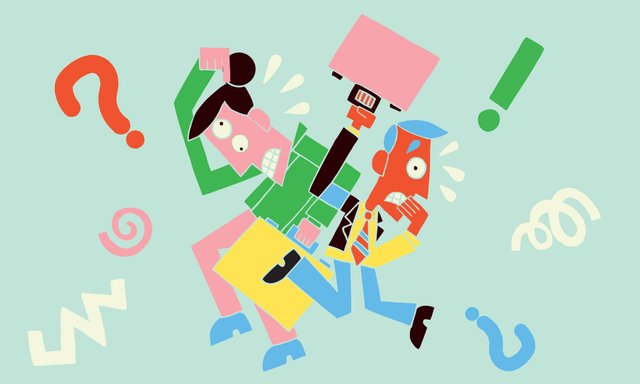Developing Emotional Intelligence: Tips for Recognizing and Managing Your Emotions
One of the things that really sets me apart from most other authors is that I've developed emotional intelligence.
I'm sure most of you have already heard of the concept of Emotional Intelligence. It's an incredibly powerful tool that can help you in all aspects of life. From learning to deal with stress, improving relationships, and even increasing sales, it's a tool we can all benefit from.
So what is Emotional Intelligence? It's the ability to identify your emotions, understand how they impact your decision-making process, and be able to regulate your emotions in a productive manner.
In today's post, I'll be covering the different types of emotions we experience and how they impact us on a daily basis. I'll also show you some specific steps you can take to improve your emotional intelligence.
STEP 1: What Is Emotion?
It's probably not surprising to find that there are so many definitions of emotion. Some argue that it's the body's response to a stimulus. Others see emotion as being the mental component of behavior. Still others view emotion as a way of connecting with the world.
Regardless of which definition you choose, the most important thing to keep in mind is that emotions are a fundamental part of human existence.
STEP 2: How Emotions Affect Us
Each of the following emotions impacts us differently, but they are all incredibly powerful. They can either motivate us or demotivate us, they can either energize us or drain us, and they can either strengthen us or weaken us.
Anxiety: Anxiety is a negative, uncomfortable emotion. It occurs when we feel threatened or afraid.
Joy: Joy is a positive, happy emotion. It results when we recognize something special about our situation.
Anger: Anger is a strong, unpleasant emotion. It's the reaction of someone who feels personally hurt by another person or action.
Grief: Grief is the response to loss. This is a deep, negative emotion.
Sadness: Sadness is a deeply personal emotion. It arises when we lose something dear to us.
Hope: Hope is an optimistic, positive emotion. It motivates us to try new things, take risks, and accomplish goals.
Adrenaline: Adrenaline is the energy we feel when we have a desire to achieve something that is important to us.
Fear: Fear is an unpleasant emotion that motivates us to avoid risk.
Love: Love is the emotional bond between two people.
Jealousy: Jealousy is the anger we feel when we see someone else getting more than we do.
Envy: Envy is the feeling of dissatisfaction and resentment when we see someone get something we want.
Guilt: Guilt is the negative feeling we feel when we realize we have done something wrong.
Shame: Shame is the feeling of embarrassment we have when we realize we have done something inappropriate or embarrassing.
Anger: Anger is the negative emotion we feel when we see someone mistreating or